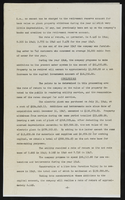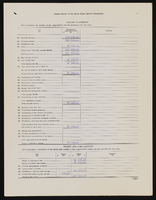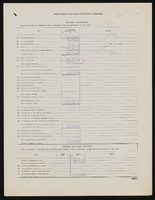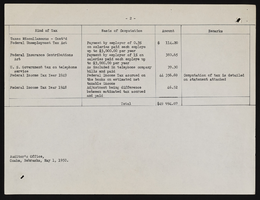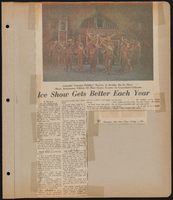Search the Special Collections and Archives Portal
Search Results
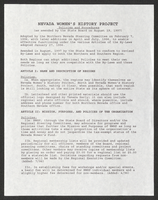
Nevada Women's History Project bylaws, policies, and procedures
Date
Archival Collection
Description
Folder from the Nevada Women's History Project Records (MS-00406).
Text
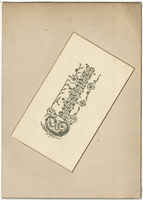
Christmas dinner menu, The White House
Date
Archival Collection
Description
Note: No year on menu Restaurant: White House Location: Peoria, Illinois, United States
Text
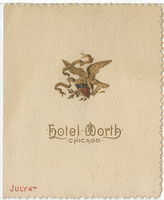
Fourth of July menu, Hotel Worth
Date
Archival Collection
Description
Text
Carole Rae oral history interview
Identifier
Abstract
Oral history interview with Carole Rae conducted by Claytee D. White on March 6, 2007 for the UNLV @ 50 Oral History Project. In this interview, Rae mainly discusses her accomplishment of founding the dance department at the University of Nevada, Las Vegas (UNLV). She begins the interview by discussing her earlier years, and mentions that one of her main hobbies was sewing and not dancing. She also states that she was not an art major during her undergraduate years and was surprised when dance eventually became her career. Rae explains how she became a dance instructor and describes her specializations in different forms of dance, such as Spanish dance and ballet.
Archival Collection

